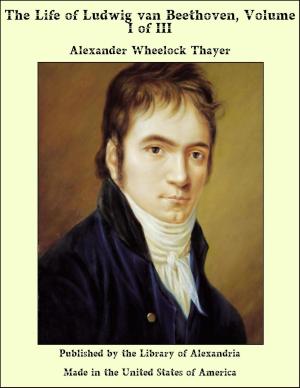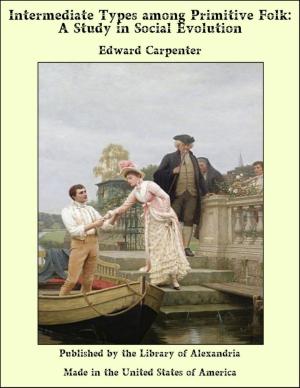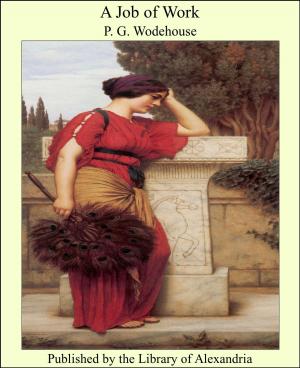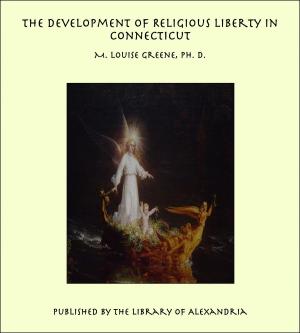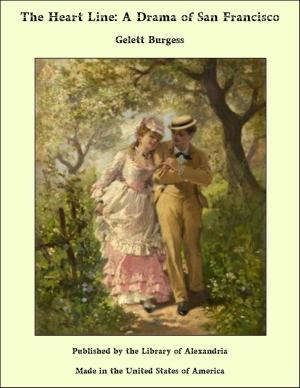Narrative and Critical History of America: The United States of North America, Part I
Nonfiction, Religion & Spirituality, New Age, History, Fiction & Literature| Author: | Various Authors | ISBN: | 9781465608055 |
| Publisher: | Library of Alexandria | Publication: | March 8, 2015 |
| Imprint: | Language: | English |
| Author: | Various Authors |
| ISBN: | 9781465608055 |
| Publisher: | Library of Alexandria |
| Publication: | March 8, 2015 |
| Imprint: | |
| Language: | English |
THE American Revolution was no unrelated event, but formed a part of the history of the British race on both continents, and was not without influence on the history of mankind. As an event in British history, it wrought with other forces in effecting that change in the Constitution of the mother country which transferred the prerogatives of the crown to the Parliament, and led to the more beneficent interpretation of its provisions in the light of natural rights. As an event in American history, it marks the period, recognized by the great powers of Europe, when a people, essentially free by birth and by the circumstances of their situation, became entitled, because justified by valor and endurance, to take their place among independent nations. Finally, as an event common to the history of both nations, it stands midway between the Great Rebellion and the Revolution of 1688, on the one hand, and the Reform Bill of 1832 and the extension of suffrage in 1884, on the other, and belongs to a race which had adopted the principles of the Reformation and of the Petition of Right. The American Revolution was not a quarrel between two peoples,—the British people and the American people,—but, like all those events which mark the progress of the British race, it was a strife between two parties, the conservatives in both countries as one party, and the liberals in both countries as the other party; and some of its fiercest battles were fought in the British Parliament. Nor did it proceed in one country alone, but in both countries at the same time, with nearly equal step, and was essentially the same in each, so that at the close of the French War, if all the people of Great Britain had been transported to America and put in control of American affairs, and all the people of America had been transported to Great Britain and put in control of British affairs, the American Revolution and the contemporaneous British Revolution—for there was a contemporaneous British Revolution—might have gone on just the same, and with the same final results. But the British Revolution was to regain liberty; the American Revolution was to preserve liberty. Both peoples had a common history in the events which led to the Great Rebellion; but in the reaction which followed the Restoration, that part of the British race which awaited the conflict in the old home passed again under the power of the prerogative, and, after the accession of William III., came under the domination of the great Whig families. The British Revolution, therefore, was to recover what had been lost. But those who emigrated to the colonies left behind them institutions which were monarchical, in church and state, and set up institutions which were democratic. And it was to preserve, not to acquire, these democratic institutions that the liberal party carried the country through a long and costly war.
THE American Revolution was no unrelated event, but formed a part of the history of the British race on both continents, and was not without influence on the history of mankind. As an event in British history, it wrought with other forces in effecting that change in the Constitution of the mother country which transferred the prerogatives of the crown to the Parliament, and led to the more beneficent interpretation of its provisions in the light of natural rights. As an event in American history, it marks the period, recognized by the great powers of Europe, when a people, essentially free by birth and by the circumstances of their situation, became entitled, because justified by valor and endurance, to take their place among independent nations. Finally, as an event common to the history of both nations, it stands midway between the Great Rebellion and the Revolution of 1688, on the one hand, and the Reform Bill of 1832 and the extension of suffrage in 1884, on the other, and belongs to a race which had adopted the principles of the Reformation and of the Petition of Right. The American Revolution was not a quarrel between two peoples,—the British people and the American people,—but, like all those events which mark the progress of the British race, it was a strife between two parties, the conservatives in both countries as one party, and the liberals in both countries as the other party; and some of its fiercest battles were fought in the British Parliament. Nor did it proceed in one country alone, but in both countries at the same time, with nearly equal step, and was essentially the same in each, so that at the close of the French War, if all the people of Great Britain had been transported to America and put in control of American affairs, and all the people of America had been transported to Great Britain and put in control of British affairs, the American Revolution and the contemporaneous British Revolution—for there was a contemporaneous British Revolution—might have gone on just the same, and with the same final results. But the British Revolution was to regain liberty; the American Revolution was to preserve liberty. Both peoples had a common history in the events which led to the Great Rebellion; but in the reaction which followed the Restoration, that part of the British race which awaited the conflict in the old home passed again under the power of the prerogative, and, after the accession of William III., came under the domination of the great Whig families. The British Revolution, therefore, was to recover what had been lost. But those who emigrated to the colonies left behind them institutions which were monarchical, in church and state, and set up institutions which were democratic. And it was to preserve, not to acquire, these democratic institutions that the liberal party carried the country through a long and costly war.



